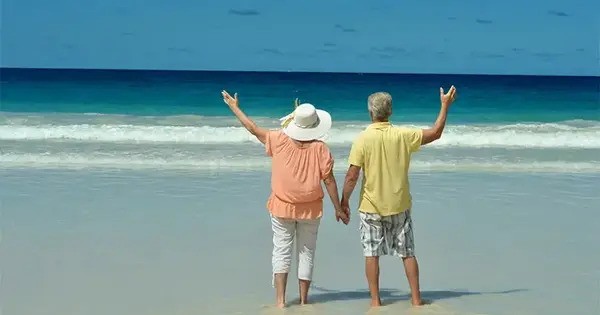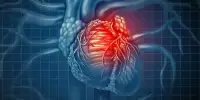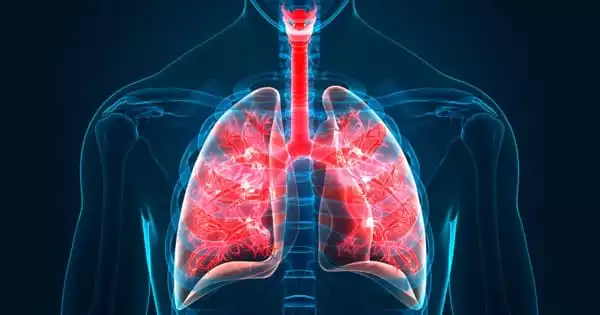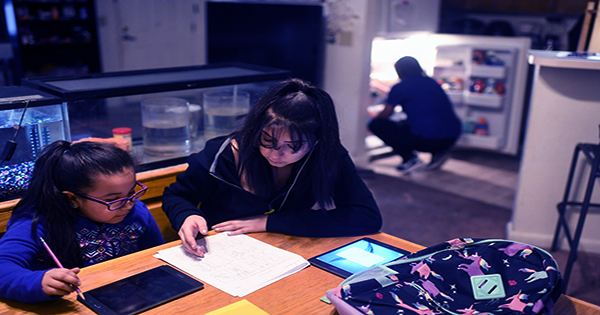Forget retinol night creams; Edith Cowan University (ECU) researchers believe that travel may be the best method to prevent premature aging. For the first time, an interdisciplinary study applied the idea of entropy to tourism, discovering that travel may have beneficial health advantages, such as decreasing the indications of ageing.
Entropy is defined as the universe’s general trend toward death and disorder. According to the entropy perspective, tourism can cause entropy changes, with positive experiences mitigating entropy increase and improving health, and unpleasant experiences contributing to entropy increase and compromising health.
“Ageing, as a process, is irreversible. While it can’t be stopped, it can be slowed down,” ECU PhD candidate Ms Fangli Hu said. Ms Hu noted that positive travel experiences could enhance individuals’ physical and mental wellness through exposure to novel environments, engagement in physical activities and social interaction, and the fostering of positive emotions. These potential benefits have been acknowledged through practices such as wellness tourism, health tourism, and yoga tourism.
Tourism isn’t just about leisure and recreation. It could also contribute to people’s physical and mental health. Ageing, as a process, is irreversible. While it can’t be stopped, it can be slowed down. Tourism isn’t just about leisure and recreation. It could also contribute to people’s physical and mental health.
Ms Fangli Hu
Travel therapy: Slowing down the clock
When examined through an entropy lens, travel therapy has the potential to be a pioneering health intervention, she added. Positive travel experiences may help the body maintain a low-entropy state by modifying its four key systems.
Tourism frequently exposes people to new environments and soothing activities, and fresh settings can provoke stress responses and increase metabolic rates, thereby positively altering metabolic activities and the body’s self-organizing skills. These circumstances may also elicit an adaptive immune response.
Ms Hu said that this reaction improves the body’s ability to perceive and defend itself against external threats.
“Put simply, the self-defence system becomes more resilient. Hormones conducive to tissue repair and regeneration may be released and promote the self-healing system’s functioning.”
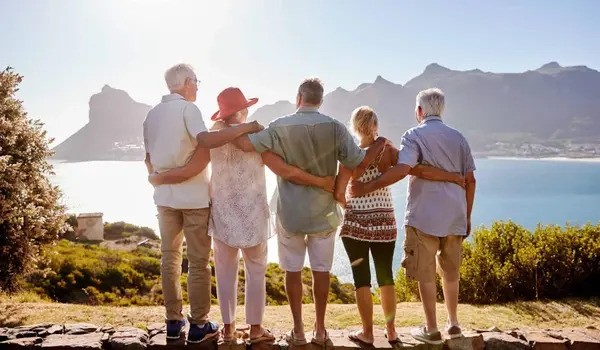
Leisurely travel activities may help alleviate chronic stress, reduce immune system overactivation, and promote appropriate self-defense function. Recreational activities may help to relieve muscle tension and weariness. This respite helps to maintain the body’s metabolic equilibrium and improves the efficiency of the anti-wear and tear system. “Organs and tissues can then maintain a low-entropy state,” Ms Hu stated.
Travel includes physical activities including hiking, climbing, walking, and cycling. Physical exertion can increase metabolism, energy expenditure, and material transformation, all of which aid in the coordination of self-organising systems.
“Participating in these activities may improve the body’s immune function and self-defense capacities, increasing its resilience to external threats. Physical activity can also enhance blood circulation, speed up nutrient transfer, and aid in waste elimination, all of which contribute to an active self-healing mechanism. Ms Hu stated that moderate exercise benefits the bones, muscles, and joints while also boosting the body’s anti-wear and tear mechanism.
On the other hand, the research indicates that tourists may confront obstacles such as contagious diseases, accidents, injuries, violence, water and food safety issues, and worries about inappropriate tourism activity.
“Conversely, tourism can involve negative experiences that potentially lead to health problems, paralleling the process of promoting entropy increase. A prominent example is the public health crisis of COVID-19.”
